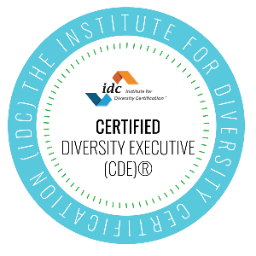Reflections on DEI Trends in the Past and Predictions for the Future
In 2023, we witnessed various DEI trends that challenged and reshaped how organizations approach diversity, equity, and inclusion. Companies that should have prioritized diversity and inclusion faced significant challenges such as public backlash, loss of talent, and damage to their reputation.
Predicted 2024 DEI Trends
In 2024, several exciting developments and challenges in creating inclusive environments exist. These predicted trends highlight the continued importance of diversity, equity, and inclusion in organizations and the need to adapt and evolve strategies to create truly inclusive workplaces.
- The Next Generation of Disability Inclusion:
In 2024, there will be a heightened focus on environmental inclusion for individuals with disabilities. Organizations will prioritize creating physical spaces that are accessible and accommodating, implementing ramps, elevators, and sensory-friendly areas.
- Focus on Flexibility: The concept of flexibility in the workplace will continue to gain traction. This may include adopting four-day work weeks, as seen in some European countries. Companies must develop new performance and project management approaches to navigate team dynamics, collaboration, and scheduling effectively. Providing employees with flexible holidays and benefits, such as unlimited vacation days or remote work options, will also be emphasized.
- Hyper-Intersectionality:
Intersectionality will become an even bigger focus in 2024. Organizations will prioritize creating multipurpose rooms instead of gender-specific bathrooms to accommodate individuals with diverse gender identities. Learning from models in other countries, organizations will explore more inclusive practices, such as providing closed captioning on videos to help non-English speakers access information, or offering short-term and long-term caregiving support. Recognition of the intersectionality of identities, including marital status, will also be essential.
- More Political Hype:
Increased political discourse and controversies will require organizations to provide correct information and counteract misinformation. Companies will be expected to actively engage in conversations about societal issues and take a stance on diversity, equity, and inclusion matters. This could involve initiatives such as fact-checking resources and sharing accurate information to combat misinformation.
- ESG Unlimited:
Environmental, Social, and Governance (ESG) factors will be at the forefront of corporate decision-making. Organizations will prioritize sustainable practices, social responsibility, and ethical governance. For example, a manufacturing company may invest in renewable energy sources to reduce its carbon footprint and implement supply chain transparency to ensure fair wages and working conditions.
- Broader AI Adoption: Artificial Intelligence (AI) will be widely adopted to enhance diversity, equity, and inclusion efforts. AI-powered tools can help remove biased language in job descriptions, anonymize applicant information during hiring processes, and provide real-time accessibility features. If utilized correctly, this technology can aid in better decision-making and create equitable opportunities for all.
- A Complete DEI Reset: In 2024, organizations will undergo a complete DEI reset, reevaluating their current diversity, equity, and inclusion strategies, policies, and initiatives. This includes reassessing goals, implementing new programs, and fostering a culture of inclusivity at all levels of the organization. Companies will actively seek employee feedback, develop accountability measures, and ensure that DEI efforts are integrated into all aspects of the business.
Ways Organizations Can Continue to Uplift DEI
Based on previous DEI trends and the predicted trends for 2024, Nika White Consulting suggests several proactive steps organizations can take to uplift Diversity, Equity, and Inclusion:
- Commitment from Leadership:
Organizations must have buy-in and commitment from leadership to prioritize DEI. Leaders should demonstrate their dedication to fostering an inclusive and diverse workplace culture through their actions, statements, and resource allocation.
- Strategic Planning: Develop a comprehensive DEI strategy that aligns with business goals and addresses the predicted DEI trends for 2024. This plan should include specific actions and initiatives aimed at attracting, retaining, and promoting diverse talent and creating an inclusive work environment.
- Transparent and Inclusive Hiring Practices: Ensure that hiring practices are fair, inclusive, and free from bias. Implement blind resume screening, diverse interview panels, and mandatory diversity training for recruiters and hiring managers. Build partnerships with diverse talent pipelines and expand recruitment efforts to attract underrepresented candidates.
- Employee Education and Training:
Invest in DEI education and training programs for all employees. Focus on raising awareness about unconscious bias, promoting cultural competency, and creating a more inclusive workplace. Provide ongoing training and development opportunities to help employees understand the importance of DEI and their role in fostering an inclusive environment.
- Employee Resource Groups (ERGs):
Encourage the formation and support of ERGs for various underrepresented groups within the organization. ERGs provide a platform for employees to connect, share experiences, and advocate for inclusion. Provide resources and opportunities for ERGs to collaborate and contribute to the broader DEI strategy.
- Regular Diversity Metrics and Reporting:
Track and report on diversity data regularly. Measure progress and identify improvement areas by collecting data on employee demographics, representation at different levels, pay equity, and employee satisfaction. This data-driven approach helps organizations stay accountable and make data-informed decisions.
- Partnerships and Outreach:
Collaborate with external organizations, community groups, and educational institutions to foster diversity and inclusion. Building relationships with these entities can provide access to diverse talent pools, enhance community engagement, and support local initiatives.
In conclusion, organizations should proactively embrace DEI by having leadership commitment, implementing strategic plans, practicing inclusive hiring, providing employee education, supporting ERGs, tracking diversity metrics, fostering partnerships, and continually evaluating and adjusting their DEI efforts. By following these practices and keeping the predicted DEI trends for 2024 in mind, organizations can create more inclusive, equitable, and thriving workplaces.
1. McKinsey. (2023, January 13). 2023 DEI initiatives report: Inside the lighthouses.
2. The Society for Diversity webinar on "End of the Year: DEI 2024 Trends & Checklist" by Leah Smiley
.














